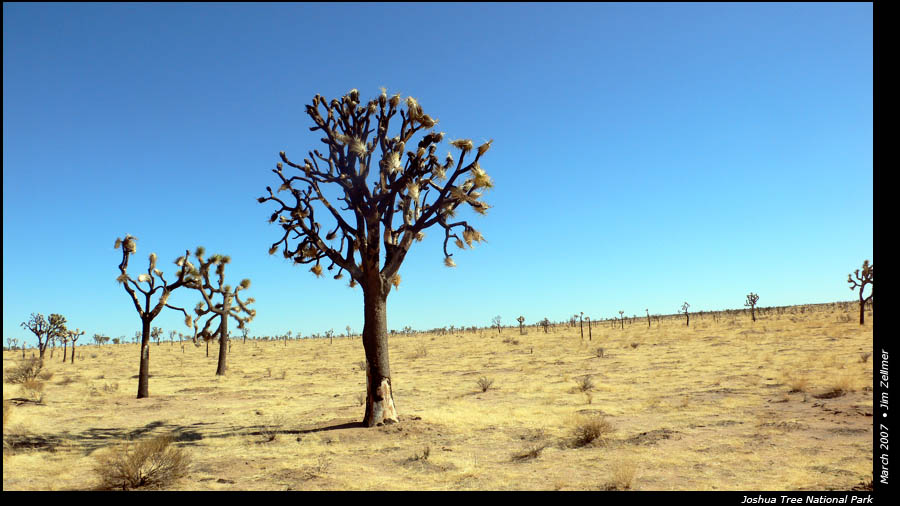Each passerby had a quick choice to make, one familiar to commuters in any urban area where the occasional street performer is part of the cityscape: Do you stop and listen? Do you hurry past with a blend of guilt and irritation, aware of your cupidity but annoyed by the unbidden demand on your time and your wallet? Do you throw in a buck, just to be polite? Does your decision change if he’s really bad? What if he’s really good? Do you have time for beauty? Shouldn’t you? What’s the moral mathematics of the moment?
On that Friday in January, those private questions would be answered in an unusually public way. No one knew it, but the fiddler standing against a bare wall outside the Metro in an indoor arcade at the top of the escalators was one of the finest classical musicians in the world, playing some of the most elegant music ever written on one of the most valuable violins ever made. His performance was arranged by The Washington Post as an experiment in context, perception and priorities — as well as an unblinking assessment of public taste: In a banal setting at an inconvenient time, would beauty transcend?
The musician did not play popular tunes whose familiarity alone might have drawn interest. That was not the test. These were masterpieces that have endured for centuries on their brilliance alone, soaring music befitting the grandeur of cathedrals and concert halls.
Category: Music
Joshua Tree National Park
Johnny Cash
I find it interesting the frequency with which the alt music radio stations around the country play Johnny Cash. Locally, our excellent wsum spins him up now and then, including a tune from his At San Quentin live recording.
Give Away the Music and Sell the Show
The major labels are freaked out: CD sales are continuing their inexorable decline and iTunes sales aren’t making up the difference. Meanwhile, tens of thousands of artists are giving away their music for free on MySpace, their own websites and independent MP3 blogs. This puzzles the labels. Don’t these bands want to make money from their art?
Many do, but they’re just smarter than most music industry execs. They understand the difference between abundance and scarcity economics. Music as a digital product enjoys near-zero costs of production and distribution–classic abundance economics. When costs are near zero, you might as well make the price zero, too, something thousands of bands have figured out.
Lucinda Williams’ Playlist
IMAGINE a time before alternative country. Before Americana and roots rock. Picture a corner office, sometime in the early ’80s, with record executives scratching their heads over how to market a talented singer, songwriter and guitarist from Louisiana named Lucinda Williams. Was she country? Folk? Blues? The answer of course was (and is) all of the above. A three-time Grammy winner, Ms. Williams will release “West,” her eighth studio album, on Feb. 13. A tour is scheduled to begin soon after, including a stop at Radio City Music Hall on March 23. Ms. Williams, 54, shows no signs of getting any less sexy with her lyrics or her taste in music. She recently spoke by phone with Winter Miller about what she’s listening to now.
An Interesting Chat with David Byrne
Another sign of Mr. Byrne’s constant forward motion is his voracious appetite for new music. He’s a regular visitor to the annual South by Southwest music festival Austin, Tex., where he will be a featured speaker in March. And any concertgoer in New York City is apt to spot him regularly, hanging out near the back of a room, generally without an entourage, his shock of near-white hair adding a few inches to his already impressive height. Last year he could be spotted sipping white wine in the lobby of Town Hall before a Cat Power performance, applauding the debut of Gnarls Barkley at Webster Hall and cheering the Brazilian funk artist Otto (who appears on a forthcoming Luaka Bop compilation) at Joe’s Pub.
“He really keeps his finger on the pulse,” said Ms. Diaz-Tutaan, whom Mr. Byrne became interested in after hearing the CD her band, Apsci, recorded for the tiny progressive hip-hop label Quannum. “That’s really inspiring to me — that this guy who has been around for such a long time and has been one of my musical influences is keeping up with things on a more underground level. He’ll just ride his bike to a venue, go in, check out the band and ride home.”
Mr. Byrne doesn’t seem to think there’s anything particularly remarkable about it. “Sure, I go out a lot,” he said. “I’m in New York, and I’m a music fan. But sometimes I go out to these shows and I go ‘Where are my peers?,’ you know? Where are the musicians from my generation, or the generation after mine? Don’t they go out to hear music? Do they just stay home? Are they doing drugs? What’s going on?”
He laughed and shook his head. “Or maybe they’re just not interested anymore. They’re watching ‘Desperate Housewives.’ ”
B-Side Records Best of the year 2006
While recently entering my favorite five new albums released in 2006 for the KEXP Top 90.3 countdown, I realized that the B-Side Records annual four-page best-of list extravaganza was likely out and on the shop’s counter. Indeed, Madison’s most jam-packed end-of-the-year list — its sixteenth edition — was ready for reading.
The State Street record store’s formula is relatively simple; every current employee and as many past employees as possible are solicited to submit their best-of-2006 list. There are no constricting guidelines, as the lists can be as short as nine albums to nearly as long as one hundred, not counting the supplementary songs and live shows that can listed as well. Then there’s always a guest, one person who is invited by B-Side to submit their favorites too. In the end, everything gets tallied up, and the four-page thicket of lists is condensed to their collected “favorite things,” with any album receiving three or more picks featured and framed.
Imogen Heap’s Playlist Suggestions
THE British synth-pop singer-songwriter Imogen Heap is a devotee of found sounds. Her do-it-yourself music uses the noises of trains, thumping metal gates and cardboard carpet tubes as well as orchestral spirals of harps and trumpets. Though a pianist at heart, she embraces the blips of electronica and computer-programmed, multitracked vocals. Ms. Heap, who contributed silky, metallic vocals when she was part of the alt-pop duo Frou Frou, has done well with her second solo album, “Speak for Yourself” (Megaphonic/RCA Victor), which appeared last year. Songs from it continue to pop up on film and television soundtracks (most recently “The Last Kiss,” “The O.C.,” “The Chronicles of Narnia,” “CSI” and “Six Feet Under”). Ms. Heap, 29, is touring the United States through December. She recently spoke by telephone with Winter Miller about what she’s listening to now.
Synchronize Your Music
This looks Handy: Supersync.
KCRW’s Active Internet Audience
KCRW is a leading example of how public radio stations are aggressively pushing high-definition radio, live streaming of programs, podcasting and other technology-driven improvements — and in the process demonstrating the potential the Internet may hold for all radio stations, public or commercial.
Such moves have helped public stations expand their audience at a time when commercial broadcasters are seeing the listener base shrink. But while the initiatives have helped public radio stations expand their reach, the bar for success is also lower. Public stations rely on sponsorship and listener donations and are under less pressure to make money on their audience-growing online initiatives, such as selling ads on their podcasts.
“They have less to lose,” says David Bank, an analyst at RBC Capital Markets. “They’re all about delivering their content to the audience, without worrying about how [new technologies] might displace the audience and the advertiser.” Now, he says, commercial radio is wishing it had moved faster and earlier in this area, although it has a big effort to catch up in the past year or two. Many big radio companies now sell advertising for their streams separately to their broadcast advertising, and start most podcasts with an ad. Industry-wide, online revenue now runs well north of $100 million annually.
KCRW’s music programs are, in my view, the best around and a refreshing change from the usual commercial practice of playing the same old songs over and over and over and over.


